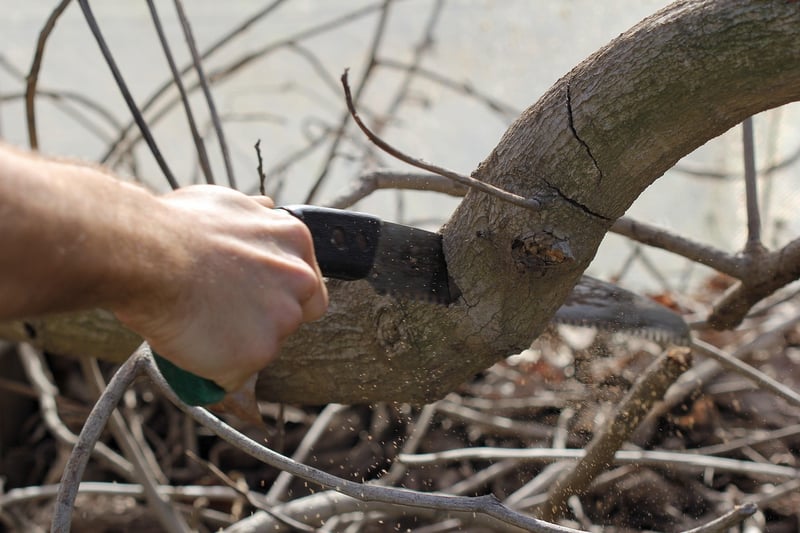Pruning guide
Master Plant Maintenance and Pruning Guide
Introduction to Plant Maintenance
Keeping your plants healthy and thriving involves regular maintenance, including watering, fertilizing, and pruning. Proper plant care not only enhances the appearance of your garden but also promotes growth and prevents diseases. In this guide, we will focus on the essential aspect of pruning.
Why Pruning is Important
Pruning is a crucial technique that helps maintain the shape and health of your plants. It involves the removal of dead or overgrown branches, stimulating new growth, and improving the overall appearance of the plant. Pruning also allows better air circulation and sunlight penetration, which are essential for plant health.
Steps for Pruning Your Plants
- Identify the branches to be pruned: Look for dead, diseased, or crossing branches that need to be removed.
- Use the right tools: Ensure you have sharp and clean pruning shears or scissors to make clean cuts without damaging the plant.
- Prune at the right time: Different plants require pruning at specific times of the year to avoid stressing the plant.
- Make precise cuts: Cut at a 45-degree angle just above a leaf node or bud to encourage healthy regrowth.
- Remove suckers and water sprouts: These are vigorous shoots that can divert energy from the main plant.
- Dispose of pruned branches: Properly dispose of the pruned branches to prevent the spread of diseases.
Benefits of Pruning
- Promotes plant health and growth.
- Improves air circulation and sunlight exposure.
- Enhances the aesthetic appeal of the plant.
- Prevents diseases by removing infected branches.
Conclusion
Mastering the art of pruning is essential for maintaining healthy and beautiful plants in your garden. By following the proper pruning techniques and schedule, you can ensure that your plants thrive and flourish year-round.

For more tips and guides on plant care, visit Gardening.com.
